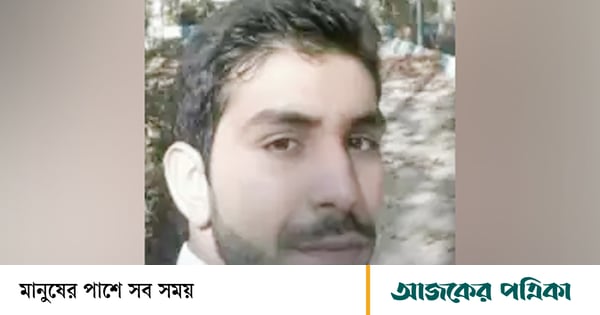It was suspended half a minute after the execution of a 26-year-old man named Ahmad Alizadeh in Iran a few months ago. He was hanged for the second time on Wednesday.
Ahmad Alizadeh was arrested in October 2018 on charges of murder, Norway-based NGO Iran Human Rights (IHR) said in a statement. Alizadeh denied this in court, but was still sentenced to death.
On April 27, he was executed for the first time in Gezel Hesar prison in Karaj city near the capital Tehran. But just 28 seconds after the hanging, the plaintiff's family members shouted that Alizadeh had been forgiven. Alizadeh was brought down from the gallows after their statement; His 'lifeless' body was successfully resuscitated and the execution was stayed.
According to Iran's Sharia law, the victim's family can ask for money to save the life of the perpetrator or decide to pardon. However, in many cases the family of the convicted person cannot pay the stipulated amount and in that case the death penalty is executed, rights activists said. The money paid by relatives or family members of the convicted person to the family of the victim is called 'Blood Money'.
Alizadeh was at risk of the death penalty because there was no deal with the victim's family for blood money. IHR reported that his execution was carried out again on Wednesday morning in Gezel Hesar prison.
Mahmoud Amiri-Moghaddam, director of IHR, said that Ahmed Alizadeh, a brilliant student, was hanged for the second time on charges of murder. Alizadeh denied the murder charges. He claimed that he confessed to the murder under torture.
Activists allege that Iran is using the death penalty to instill fear in society, particularly in the wake of nationwide protests in 2022-2023. The protests shook the ruling Islamic regime in Iran.
According to the IHR, this trend is expected to increase again in 2024. At least 166 executions were recorded in October alone. It was the highest number recorded in a month since the group began carrying out executions in 2007.

